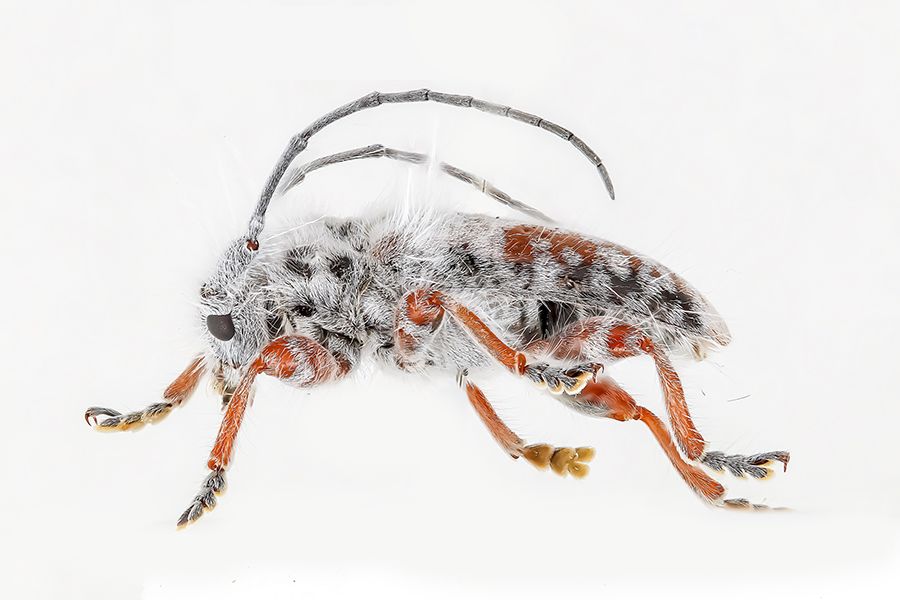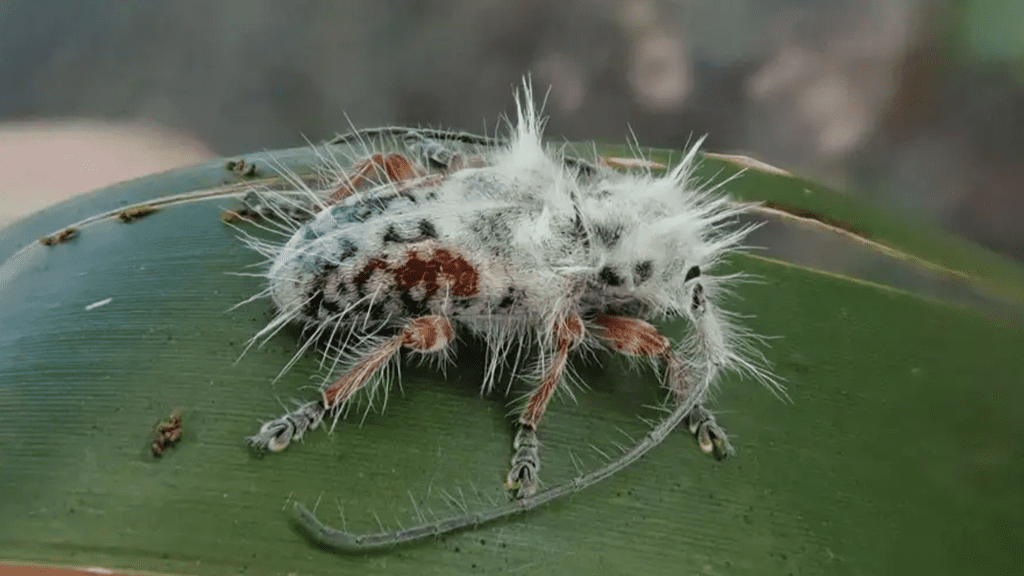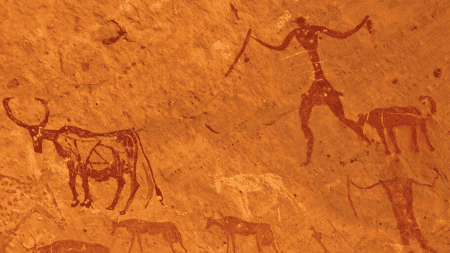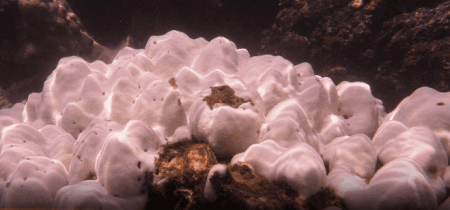The word “fluffy” isn't typically used to describe the billions of bugs that live on Earth. However, some caterpillars do have longer fuzzy hairs on their many body parts. Now, there's a new type of soft longhorn beetle in Australia that was discovered accidentally and through a bit of confusion. The recently found, spiders, and beetles Excastra albopilosa E. albopilosa () is detailed in aresearch paper released March 19 in the Australian Journal of Taxonomy was first spotted by an entomologist named James Tweed while he and his partner were camping in the rainforests of Queensland, Australia. Initially, he thought the insect, which was less than an inch in size and had long white and black hairs, looked like bird droppings..
Excastra “I was walking through the campsite at Binna Burra Lodge one morning and something on a Lomandra leaf caught my eye,” Tweed
stated . “To my amazement, I saw the most extraordinary and fluffiest longhorn beetle I had ever seen.” Tweed is an entomologist at the University of Queensland.Excastra albopilosa

The Australian National Insect Collection in Canberra officially confirmed that the beetle was not only a completely new species, but a new genus. They selected the name
for the genus name, which means “from the camp.” Its species name Excastra means “white and hairy.” albopilosa Army ants could teach robots a thing or two
[Related: “We don’t yet know what these hairs are for, but our primary theory is that they make the insect look like it’s been killed by an insect-killing fungus,” said Tweed. “This would possibly deter predators such as birds from eating it, but until someone can find more specimens and study this species further, we won't be able to say for sure why this beetle is so hairy.”.]
The location where
was found has been popular among entomologists for over a century, and Tweed hasn't seen it on any subsequent trips back to the park. Instances like this highlight just how many unknown species are out there and how many may be at risk of extinction. Excastra “Insects are the most diverse group of animals on the planet but are also the most underappreciated and understudied,” said Tweed. “Best estimates suggest there may be 5.5 million insect species worldwide and only one-fifth of these have been named and described.”
An entomologist initially thought the insect was bird poop.









